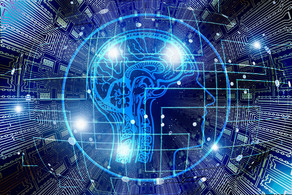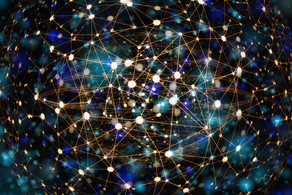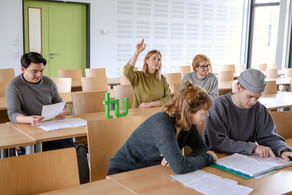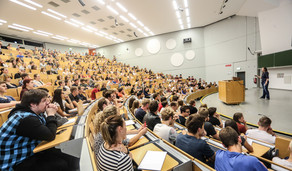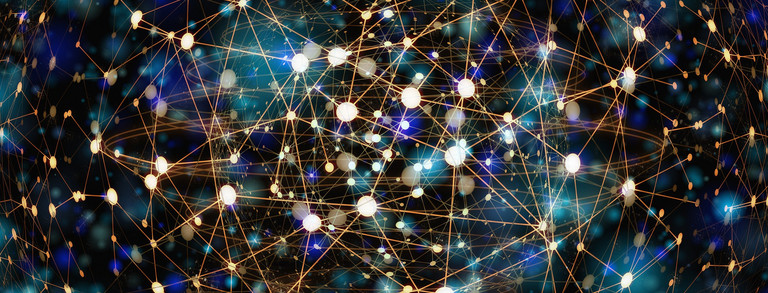AI Researchers @ TU Dortmund
Our scientists are distinguished researchers, thought leaders, and innovators who continually push the boundaries of AI knowledge and its practical applications. With diverse backgrounds and specializations, they bring a wealth of experience and insights into their interdisciplinary collaboration. Their collective expertise spans areas such as Machine Learning, Philosophy, Statistics, Data Science and many more. Through their groundbreaking research, they not only advance the frontiers of AI but also mentor and inspire the next generation of AI enthusiasts and professionals. Their dedication, collaborative spirit, and pursuit of excellence make them instrumental in shaping the AI landscape within and beyond TU Dortmund University.





































